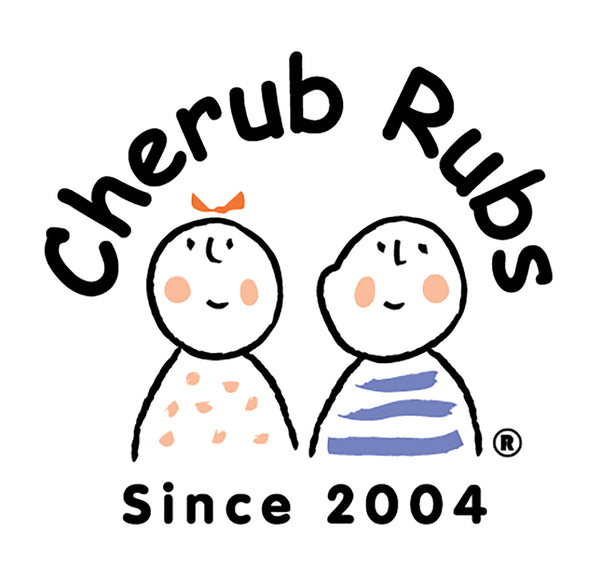We know our skin is sensitive, but our little one’s skin? Way more sensitive! Their sensitive skin often gets inflamed and irritated, and as a parent we want to do all we can to make our kids comfortable.
A common skin irritation is known as Eczema. Eczema is a term for a group of conditions that make your skin inflamed or irritated. Eczema affects 10%-20% of infants, and is a very common condition that usually begins before they turn 1.
Unfortunately there is no cure for eczema. However, there are many ways to keep eczema at bay and a ton of easy ways to treat it at home.
Recognizing Eczema
Eczema doesn’t look the same for everyone and it won’t always happen in the same skin area. Regardless of where the eczema is, it is almost always itchy, and that itch could start before the rash.
In infants, you most often see eczema on the face and scalp, and at times on their arms, legs, back, and chest. The itchy rash can begin to ooze and develop into a crusty condition. The rash is very itchy and may keep them awake at night.
In children and teens, you most often see eczema around the elbows, behind the knees, on their neck, and on wrists and ankles. Different to those on infants, their rash typically becomes scaly and dry.
It’s important to be weary as the condition of the eczema can change over time. It may start off mild, and other times can become more severe, which is why it’s important to treat the eczema as soon as it flares up.
When a child has eczema they’re also prone to secondary bacterial or viral skin infections, so it’s vital to monitor what or who is touching your child’s skin. The signs of secondary infection are crusted and broken areas of eczema.
What causes Eczema?
Unfortunately, the cause of eczema is unknown. Although, if someone in your family has eczema, asthma, or hay-fever, then it is more likely that your child will have eczema.
We do know some ways that trigger eczema:
How to Care for Eczema at Home
Eczema is typically easy to control at home by identifying what caused the break out and avoiding triggers, as well as caring for the outbreak.
Avoid all things that might irritate the skin! It’s subjective as kids will react differently to the same thing, so it might take a while to work it out. Common things include: dribbling or food around the mouth, prickly materials, detergents / soaps, toothpaste, environmental allergies etc.
Keep skin moisturized! A no fragrance, plain moisturiser should be used, even after the eczema has run its course. Some children might need application only once a day, and some much more, so it’s important to keep an eye on it and to check on how your child is feeling. Thicker creams are much more effective than thin lotions. In the shower, be sure to use bath oils and soap free body wash. If you’re on the hunt for Eczema creams, check out our Eczema pack here.
Avoid the heat! Heat is the most common cause of an eczema flare up. Be sure to keep your child cool by dressing them in only a few layers of cotton clothing, use a cotton blanket or sheet in their bed instead of woolen blankets, and keeping the house below 20° in the day and 15° overnight. It’s also a good ideas for children to bathe at least once a day in a cooler bath with non-perfumed bath oil
No itching! It’s important that children don’t itch, as it can worsen the eczema and lead to infection. To prevent them from itching try: applying a soft cool towel to the area, applying wet dressings at bed time, using a mineral salt spray, keeping your child’s fingernails cut and clean, if possible keep them distracted, and if you're after topical relief, check out our Skin Soothe. It can be applied to soothe the affected area and stop the itching.
When to see a doctor
If your child’s eczema hasn’t gotten better after two days of regular treatment, if there’s signs of infection (crusted and broken skin), or if you are just concerned about their skin and or health, it’s time to see a GP.
Key Takeaways
- Sadly there is currently no known cure for eczema, but it can be controlled.
- It is common for the severity of the eczema to change, and it is important to control the eczema as soon as it flares up.
- To keep eczema at bay, keep your child cool, moisturise them often, and keep them away from things that might irritate their skin.
- If the eczema is harder to manage, ask your GP to create an eczema treatment plan for your child.

